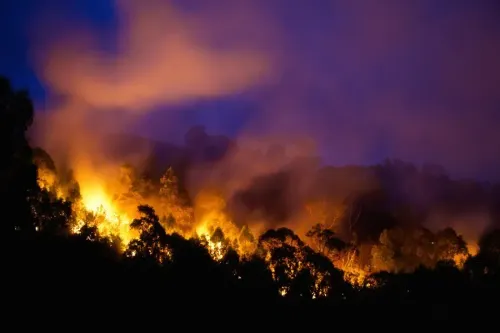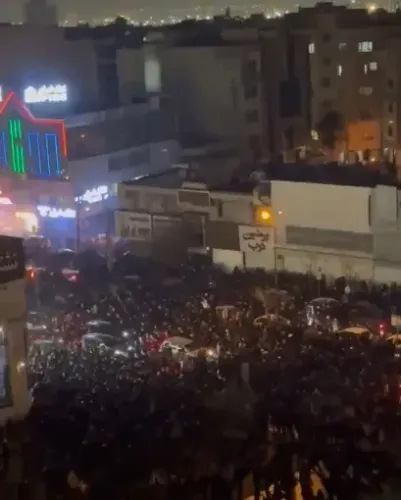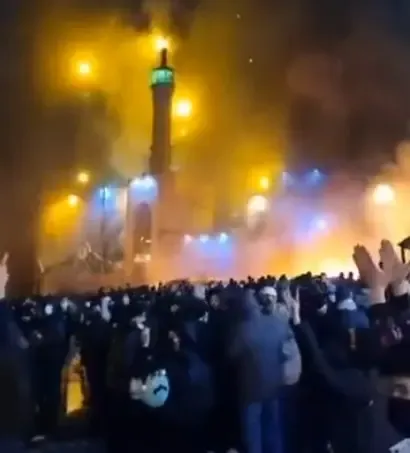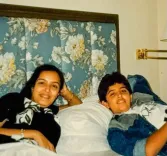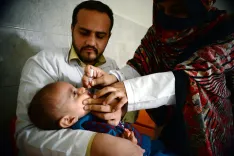Are Pakistan's Frontier Corps and Intelligence Agencies Abducting and Killing in Balochistan?
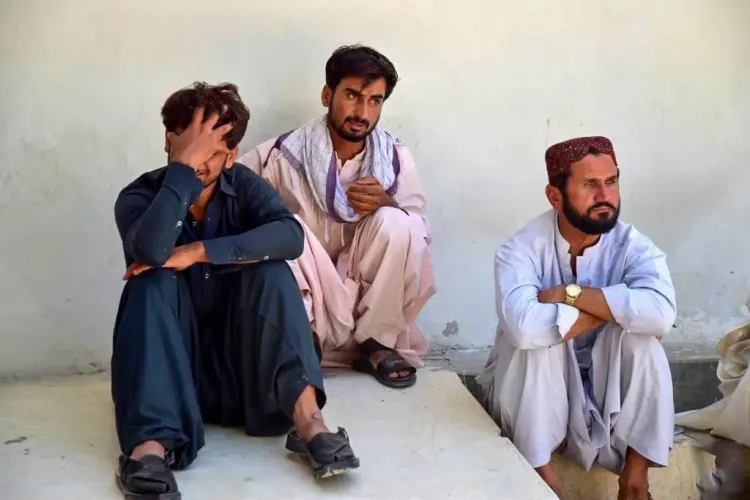
Synopsis
Key Takeaways
- Severe human rights abuses reported in Balochistan.
- 106 enforced disappearances and 42 killings documented last month.
- Frontier Corps
- Protests highlight the plight of families affected by these violations.
- Growing concern over the safety of women and girls in the region.
Quetta, Dec 25 (NationPress) A prominent human rights organization reported on Thursday severe and systematic violations, including enforced disappearances and targeted killings throughout Balochistan, allegedly perpetrated by Pakistani forces amidst a widespread climate of impunity.
A report from the Human Rights Council of Balochistan (HRCB) indicated that during the past month, there were 106 new instances of enforced disappearance and 42 killings documented in the province.
“Among the deceased were 11 individuals who had previously been reported missing, five who were abducted within the same month, and six others who had vanished in prior months. Only 12 of those abducted in November were subsequently released, while the vast majority remain unaccounted for,” the rights organization stated.
The HRCB claimed that Pakistan's Frontier Corps were linked to the highest number of abductions, with 60 cases recorded. Following them, Pakistani intelligence agencies were associated with 23 cases, and the Counter Terrorism Department (CTD) was cited in 17 incidents, while state-supported death squads accounted for six abductions.
Among the districts in Balochistan, Kech documented the most abductions with 20 cases, followed by Quetta with 16, and both Panjgur and Dera Bugti with 14 cases each.
Gwadar reported 10 instances of enforced disappearance, while Karachi noted 7. Additional abductions were noted in Mastung, Khuzdar, Kohlu, Hub, Awaran, Surab, Chagai, DG Khan, and Kalat.
According to the findings, a total of 42 killings were recorded across the province in November, comprising 39 men and 3 women. The identities of five victims, including three women, remain unverified.
“Targeted killings made up 11 cases, while custodial deaths involved 10 victims. Additionally, 10 bodies were discovered. Honour killings accounted for 4 incidents, and airstrike-related deaths also numbered 4. Indiscriminate firing resulted in 2 fatalities, and one person later succumbed to injuries,” the HRCB noted.
On Wednesday, families in Baloch staged a sit-in protest against the enforced disappearance of four family members in Kech district, blocking a critical section of the China–Pakistan Economic Corridor (CPEC) highway for the second consecutive day, as reported by The Balochistan Post.
The demonstration at Karki Tejaban and Heronk in Kech disrupted two-way traffic between Turbat, Quetta, Panjgur, Awaran, Kolewah, and Hoshap, leading to extensive vehicle queues along the route.
The victims included two women, 27-year-old Hani Dilwash, who is eight months pregnant, and 17-year-old Hairnisa, along with two men, 18-year-old Mujahid Dilwash, and 18-year-old Fareed Ijaz.
In solidarity with the affected families, human rights activist and leader of the Baloch Yakjehti Committee (BYC) Sammi Deen Baloch took to her social media platform X, cautioning that enforced disappearances in Balochistan have reached a critical and alarming point, with women and girls increasingly becoming victims.
“The constitution and laws are being manipulated for the enforced disappearances of Baloch people; what recourse do the people of Balochistan have? For these affected families, protest is the only option left. We urge all factions to unite and voice their support for this family,” she stated.



